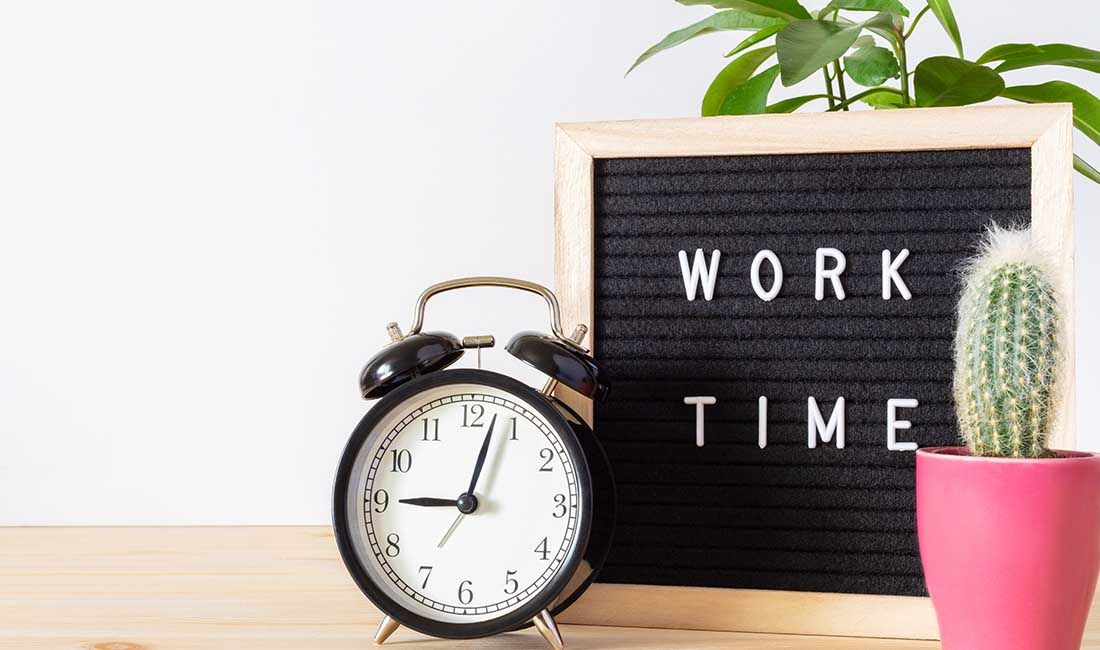Fact Sheet: Managing Work-Related Fatigue

| W.E.U Admin | Physical Health & Lifestyle
TAGS: Fatigue
What Is Fatigue?
Fatigue is more than just feeling tired. It’s a state of physical and/or mental exhaustion that reduces a person’s ability to perform work safely and effectively. Fatigue impacts alertness, decision-making, coordination, and reaction times. It can pose serious risks in the workplace if not recognised.
Why Does Fatigue Matter at Work?
- Increases the risk of workplace accidents and injuries
- Reduces productivity and work quality
- Contributes to long-term health problems
- Impacts morale and workplace culture
Common Workplace Causes of Fatigue
- Long shifts and excessive overtime
- Irregular or rotating shifts
- Night work disrupting natural sleep patterns
- High workloads or understaffing
- Monotonous or physically demanding tasks
- Lack of breaks or rest periods
- Workplace stress or unsafe conditions
Recognising Signs of Fatigue on the Job
- Slower reaction times
- Poor concentration and memory
- Increased error rates
- Irritability and low mood
- Microsleeps (brief moments of sleep while awake)
- Frequent yawning or drifting off
Employer Responsibilities
Under workplace health and safety laws, employers have a duty of care to manage fatigue risks by:
- Designing safe shift patterns and limiting overtime
- Ensuring adequate rest breaks and recovery time
- Assessing fatigue risks as part of regular hazard identification
- Encouraging reporting of fatigue without fear of punishment
- Supporting a healthy work environment
How Trade Unions Can Support Members
- Advocate for safe staffing levels and realistic workloads
- Push for strong fatigue risk management policies
- Promote fair and predictable scheduling of shifts and workload
- Support members in reporting fatigue without stigma
- Provide training and awareness campaigns
- Monitor employer compliance with safety laws
Tips for Workers to Manage Fatigue
- Prioritise sleep: Aim for regular hours of rest when off shift
- Take scheduled breaks—don’t work through them
- Avoid heavy meals, caffeine, and alcohol before sleep
- Use your voice and report fatigue to your supervisor or delegate
- Know your rights around working hours and breaks
Know Your Rights
The WEU is here to help and advise you if:
- You’re being pushed to work unsafely
- You’re penalised for reporting fatigue
- You need support negotiating safer work schedules
“Fatigue is a workplace hazard, not a personal failure.” Employers must manage it like any other safety risk. Please remember that the WEU is ready to give advice and support when needed—just call our office.
workersofengland.co.uk | Independent Workers Trade Union
















